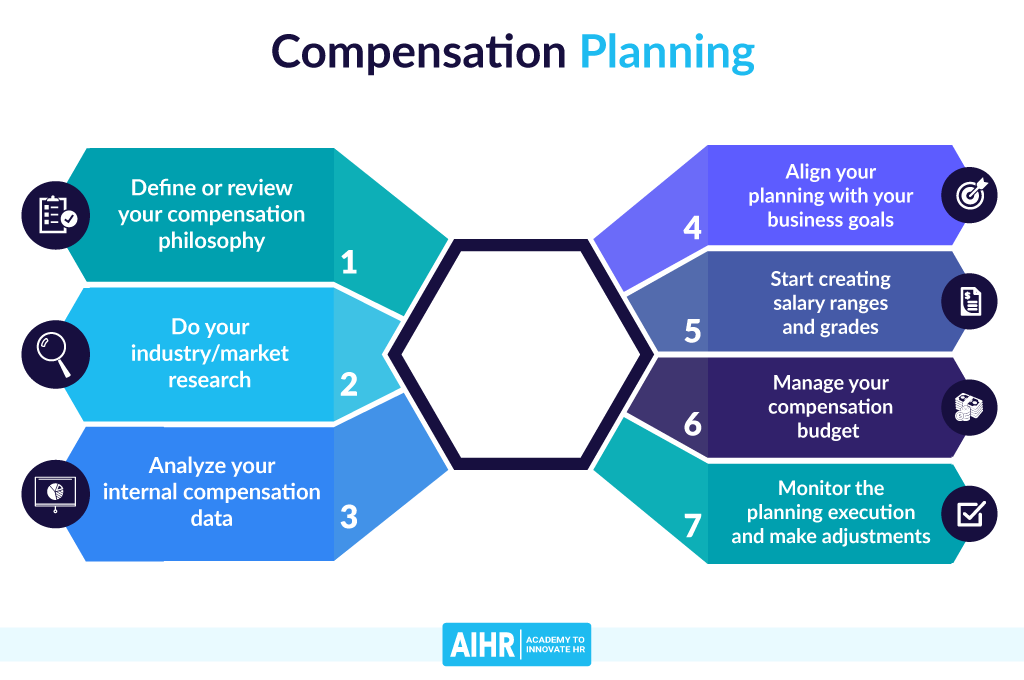In today’s highly competitive business landscape, companies heavily rely on efficient logistics operations to stay ahead. Effective management of the entire supply chain, from procurement to delivery, is crucial for maximizing customer satisfaction, reducing costs, and increasing profitability. To achieve these goals, leveraging logistics technology is essential.
Streamlining Warehouse Operations with RFID Technology
Radio-Frequency Identification (RFID) technology has revolutionized warehouse operations by providing real-time tracking and inventory management capabilities. Using RFID tags and readers, businesses can automate stock tracking, inventory reconciliation, and significantly reduce manual errors by obtaining accurate data instantly. This not only improves efficiency but also enhances customer satisfaction through timely deliveries and optimized stock levels.
Route Planning and Optimization with GPS Tracking
Gone are the days of inefficient, paper-based route planning for delivery fleets. Nowadays, GPS tracking systems have become an integral part of logistics technology, allowing companies to optimize routes, reduce fuel consumption, and minimize delivery delays. GPS-enabled smart devices and software solutions provide real-time traffic data, rerouting options, and allow fleet managers to monitor driver performance, thus improving overall operational efficiency and ensuring timely deliveries.
The Rise of Autonomous Vehicles in Logistics
Another groundbreaking tool for enhancing logistics efficiency is the integration of autonomous vehicles. With advancements in artificial intelligence and robotics, self-driving trucks and drones are becoming a viable option for transporting goods. By eliminating the need for human drivers and their inherent limitations, companies can reduce labor costs, increase delivery speeds, and minimize the risk of accidents. Autonomous vehicles offer precise inventory tracking, faster order fulfillment, and are expected to reshape the logistics landscape in the coming years.
Warehouse Management Systems (WMS)
Warehouse Management Systems (WMS) enable businesses to handle complex operations efficiently, providing end-to-end visibility and control over inventory management. These systems use advanced algorithms to optimize order fulfillment, reduce picking errors, and achieve higher warehouse productivity. WMS software can efficiently track and organize inventory, automate order processing, and optimize resource allocation, thereby improving accuracy, speed, and overall warehouse efficiency.
Automated Supply Chain Management
Automation is a game-changer in logistics technology, especially when it comes to managing complex supply chains. Automated Supply Chain Management (ASCM) systems integrate multiple functions, including forecasting, demand planning, inventory management, order processing, and supplier management. By automating these critical processes, companies can eliminate manual errors, reduce lead times, optimize inventory levels, and enhance overall operational efficiency. ASCM empowers businesses to make data-driven decisions, respond to market dynamics more effectively, and maintain a competitive edge in the industry.
Intelligent Data Analytics for Optimal Decision Making
Effective logistics operations require accurate data analysis for informed decision-making. Logistics technology now offers intelligent data analytics tools that enable businesses to gain valuable insights into various aspects of their supply chain. These tools can uncover patterns, identify bottlenecks, optimize storage capacity, streamline transportation routes, and even predict demand fluctuations. By leveraging data analytics, companies can make proactive adjustments and continuously improve efficiency, ultimately leading to higher customer satisfaction and increased profitability.
Conclusion
In the era of rapidly evolving technology, logistics companies have numerous tools at their disposal to enhance efficiency and gain a competitive advantage. From RFID technology for tracking inventory, GPS tracking for optimized route planning, and autonomous vehicles for faster deliveries, to advanced warehouse management systems and automated supply chain management, logistics technology continues to revolutionize the industry. By embracing and leveraging these tools, businesses can streamline operations, reduce costs, improve customer satisfaction, and stay ahead in the fast-paced world of logistics.



